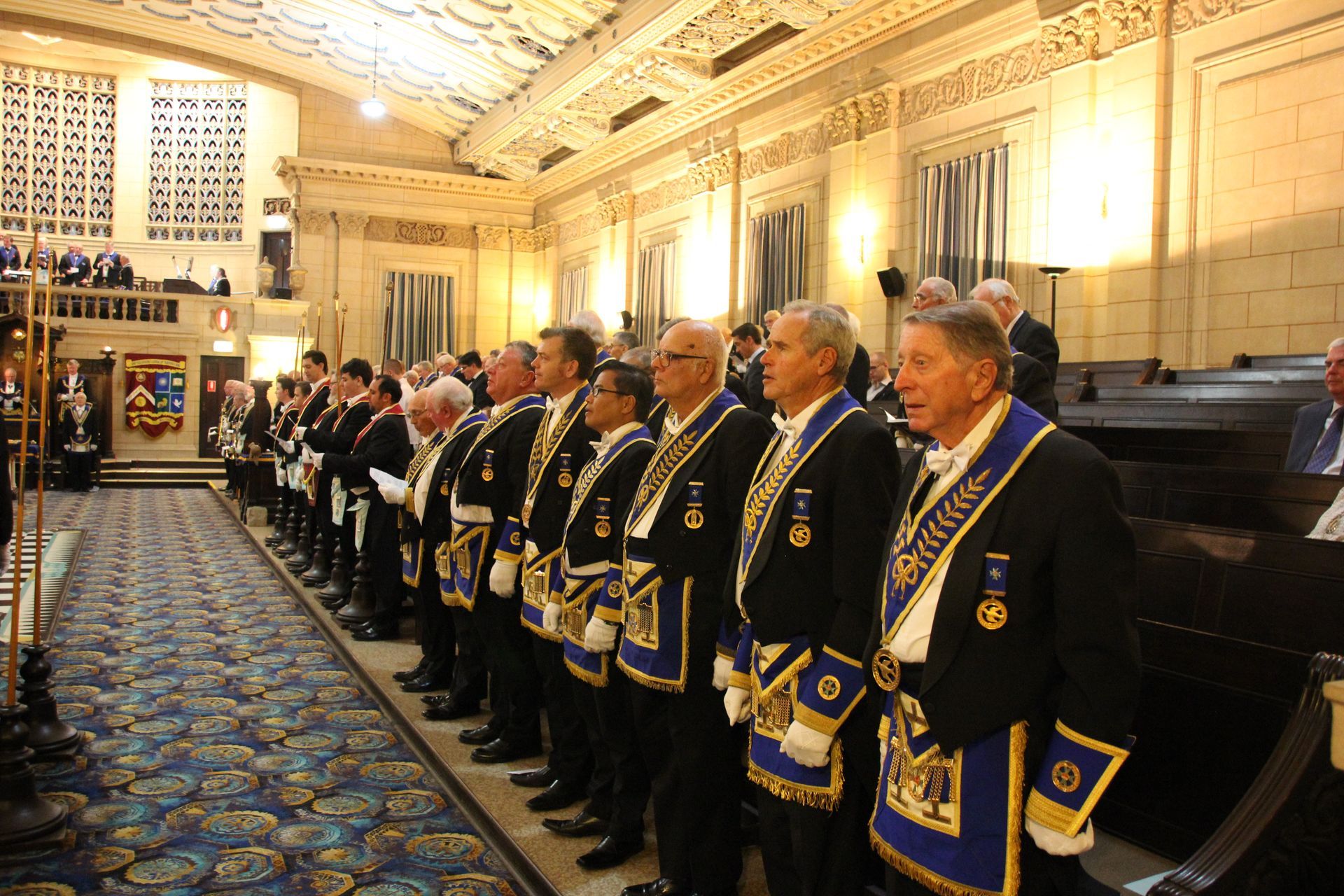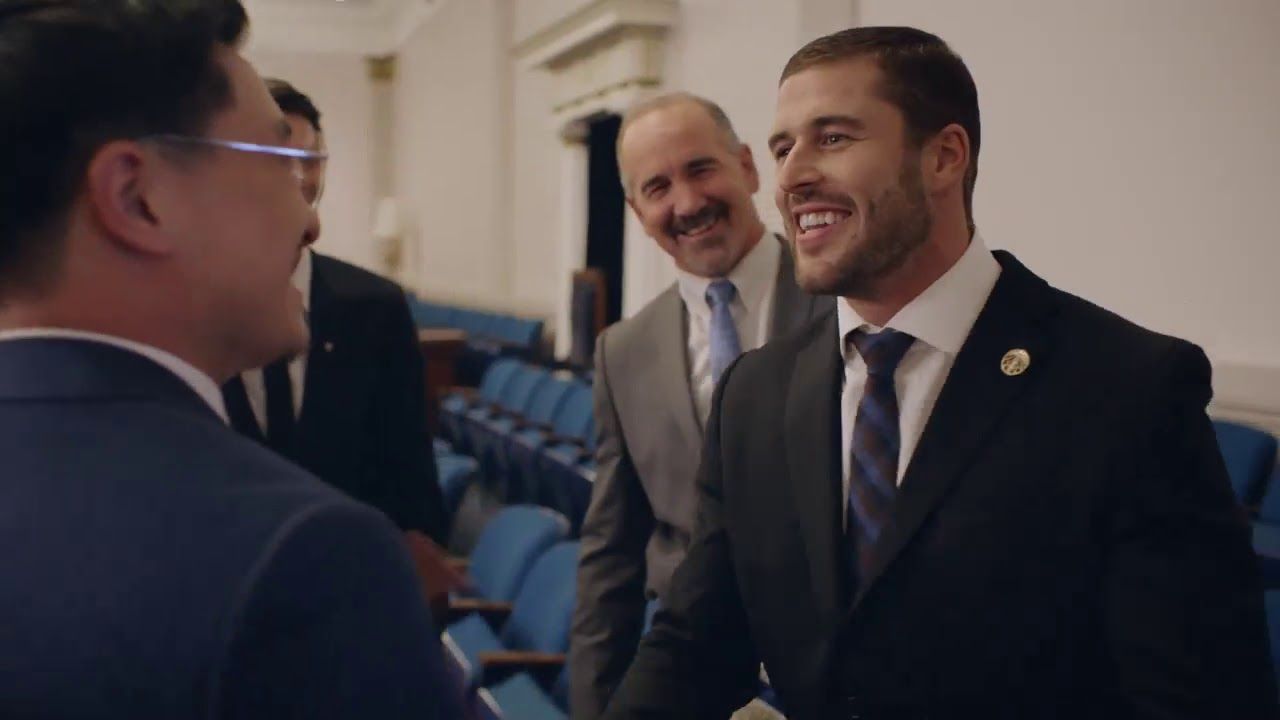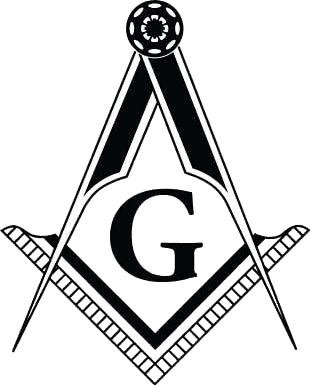Freemasonry in Focus: Philosophy, History, and Community in the Craft
A JOURNEY OF ENLIGHTENMENT – UNDERSTANDING FREEMASONRY
Introduction
Freemasonry, long veiled in intrigue and often misunderstood by the wider public, is a profound and enduring system of ethical and spiritual development. Rooted in centuries of tradition, its teachings and practices continue to resonate with contemporary seekers of meaning and self-improvement. This article is an in-depth exploration of Freemasonry's philosophy, evolution, and contemporary relevance, particularly as lived through the experience of Moreton Lodge No. 226 under the United Grand Lodge of Queensland (UGLQ).
The Roots of Freemasonry: From Operative Guilds to Speculative Philosophy
Freemasonry’s historical origins trace back to the operative stonemason guilds of medieval Europe. These skilled builders were responsible for constructing cathedrals, castles, and civic structures, and they organized themselves into tightly regulated lodges that protected their trade secrets and upheld standards of craftsmanship. By the early 1700s, these operative lodges began admitting “accepted” or speculative members—individuals not trained in masonry but interested in the philosophical and ethical aspects of the guild structure.
The formal establishment of speculative Freemasonry is marked by the creation of the Premier Grand Lodge of England in 1717. This body unified several lodges under a governing structure, formalized rituals, and codified the moral teachings that would become central to the Craft. Over the next century, Freemasonry spread rapidly across the globe, adapting to local cultures while retaining its core values and structure.
More about the origin of the Craft: UGLE History
Philosophy and Values: The Moral Architecture of the Craft
At its core, Freemasonry is a philosophical system expressed through allegory and symbolism. It teaches that the journey toward self-knowledge and virtue is the greatest of all human endeavors. The Craft's moral code is encapsulated in the tenets of Brotherly Love, Relief, and Truth, which are brought to life through the ritual experiences of the three Craft degrees: Entered Apprentice, Fellowcraft, and Master Mason.
The following values are central to Masonic philosophy:
- Integrity: Living with honesty and purpose.
- Tolerance: Respecting differing perspectives and beliefs.
- Self-Improvement: Continual learning and ethical refinement.
- Charity: Supporting others through compassion and action.
Unlike many institutions, Freemasonry does not impose dogma. Members must believe in a Supreme Being, referred to as the Great Architect of the Universe, but the nature of that belief is left to the individual. This approach fosters unity across diverse religious and cultural backgrounds.
A deeper dive into these principles is available from Freemasons Victoria: Freemasons VIC – Philosophy
The Role of Ritual and Symbolism
Freemasonry is built around ritual experiences that convey moral lessons using symbolic language. Each degree employs dramatic allegory to guide the initiate from ignorance to enlightenment.
For example:
- The Square symbolizes virtue and fair dealing.
- The Compasses represent restraint and spiritual boundaries.
- The Level teaches equality.
- The Plumb encourages upright conduct.
One of the most powerful symbolic elements is the Tracing Board, a visual teaching tool displayed during lodge ceremonies. It illustrates key lessons and reinforces the esoteric dimensions of Masonic philosophy. The repeated experience of ritual provides members with lifelong opportunities to reflect on their conduct and values.
Learn more: The Masonic Symbolism Collection
The Journey of Initiation: From Apprentice to Master
The Masonic path is structured through three foundational degrees:
- Entered Apprentice – The beginning of the spiritual and ethical journey.
- Fellowcraft – A focus on knowledge, science, and moral reasoning.
- Master Mason – Culminates in themes of death, rebirth, and legacy.
Each degree builds on the previous, allowing for gradual comprehension and deeper philosophical insight. In many jurisdictions, including UGLQ, degrees are conferred through carefully preserved ritual formats supported by mentoring and education.
Beyond the three degrees, Masons may explore additional bodies such as the Royal Arch, Scottish Rite, or Mark Master Masons, which provide further philosophical and symbolic development.
See UGLQ’s official explanation of degrees: UGLQ Degrees Explained
Freemasonry in Contemporary Society
In the modern world, where individuals often experience social isolation, ethical confusion, and a loss of civic engagement, Freemasonry remains relevant. Lodges such as Moreton Lodge No. 226 offer men a space for personal growth, meaningful service, and genuine brotherhood.
Key contemporary themes include:
- Community Engagement: Through charity work, public events, and open lodge nights.
- Ethical Dialogue: Providing a non-partisan forum for moral exploration.
- Personal Discipline: Encouraging structured reflection and life balance.
Modern Freemasonry faces challenges—declining membership, generational shifts, and public misunderstanding—but it also enjoys a renaissance among younger members seeking authenticity, mentorship, and spiritual structure.
Read more from Freemasons Australia: https://freemasons.com.au
Moreton Lodge No. 226: Living the Craft in Queensland
Located in Queensland under the jurisdiction of UGLQ, Moreton Lodge No. 226 exemplifies the living tradition of Freemasonry. With a history of service, brotherhood, and education, the lodge upholds Masonic principles while adapting to the needs of contemporary members.
Notable activities include:
- Community outreach projects in the Moreton Bay region.
- Educational sessions for new members and public guests.
- Charity fundraising for health and welfare causes.
- Participation in UGLQ campaigns to promote openness and understanding.
The lodge’s inclusive culture welcomes men from diverse walks of life and encourages shared learning across generations.
To learn about lodge life in Queensland: UGLQ Lodges
Conclusion
Freemasonry is a time-honored system of ethical, intellectual, and spiritual development. Far from being a relic of the past, it offers practical guidance and timeless wisdom for modern life. Through its symbols, rituals, and fraternal ties, it nurtures the human spirit and strengthens the social fabric.
In Moreton Lodge No. 226, this tradition is not only preserved but lived daily—one meeting, one ritual, one act of kindness at a time. Freemasonry invites all good men to build themselves anew—brick by symbolic brick—with tools crafted from virtue, reason, and hope.


